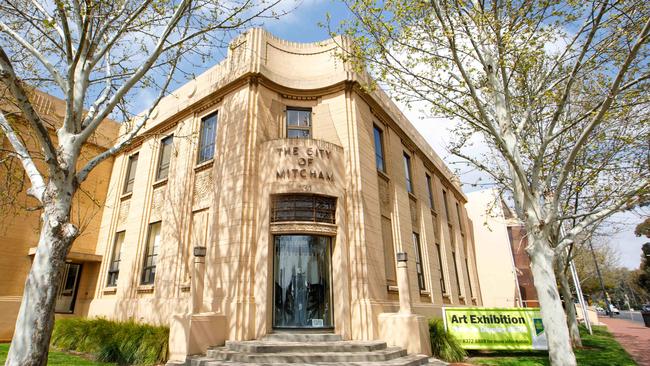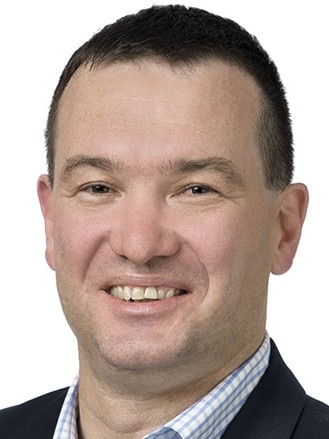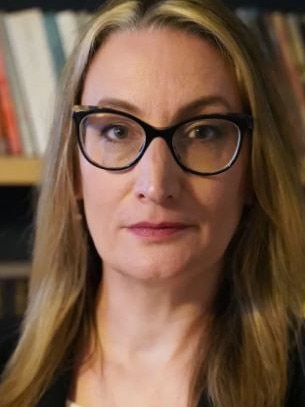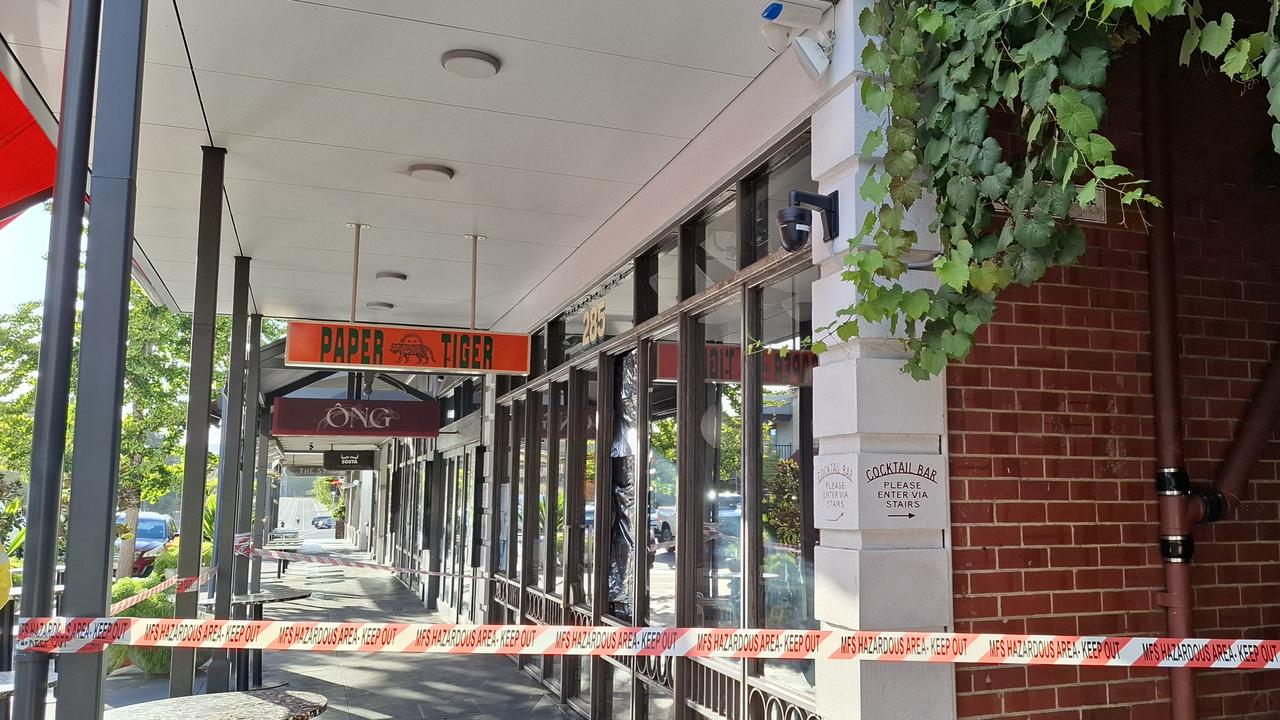Mitcham councillor Darren Kruse apologises after a misconduct finding by the SA Ombudsman
A controversial councillor from one of Adelaide’s affluent councils is in hot water again and has made a public apology.

SA News
Don't miss out on the headlines from SA News. Followed categories will be added to My News.
A Mitcham councillor committed misconduct by remaining in a meeting where the council discussed reports about his “repeated and serious” breaches of the local government’s behavioural standards, the state ombudsman found.
Ombudsman Emily Strickland found the breach of integrity provisions by Cr Darren Kruse at a confidential meeting last year was “both intentional and serious” and amounted to misconduct.
Ms Strickland’s office received two reports that Cr Kruse had remained part of the May 14 meeting when the council considered legal advice about two behavioural standards complaints made against him.
The advice included that Cr Kruse had made “repeated and serious” breaches of the behavioural standards, regarding his treatment of two ratepayers at separate meetings in 2023.
In one complaint, Cr Kruse showed a ratepayer the door and suggested he leave after the man failed to stand for an Acknowledgement of Country.
In the other complaint, Cr Kruse was found to have acted in an “unnecessarily forceful and aggressive way” towards another ratepayer, after Cr Kruse took offence to a childhood photo the ratepayer had found of him online.


In response to Ms Strickland’s investigation, Cr Kruse said he had declared a general conflict of interest and had abstained from voting on whether the council should accept the legal findings and what penalty or action should be taken.
Cr Kruse said he remained in the meeting in order to be “afforded procedural fairness” and he did not receive legal advice prior to the meeting that a material conflict should be declared, rather “the council had received an opinion” from its lawyers.
In a report tabled at Tuesday night’s meeting, Ms Strickland wrote in her findings that it was “concerning” Cr Kruse had received advice about the material conflict of interest but had “remained steadfast in his disagreement”.
She wrote it was “troubling” that he believed he needed to stay in the meeting to be afforded procedural fairness when he did not make submissions during the original investigations.
“I consider that it was unreasonable and inappropriate for Cr Kruse to then use the opportunity of the council meeting … to make his submissions,” she wrote.
“This opportunity was not afforded to the complainants, and it appears to me that Cr Kruse was using his presence in the meeting and his position as a councillor to benefit himself when there was ample opportunity to make submissions at an earlier stage.”
Ms Strickland recommended Cr Kruse make a public apology, be reprimanded and attend relevant training.
Cr Kruse read out an apology at the meeting: “I apologise for failing to declare a material conflict of interest … similarly I apologise for committing misconduct under the Ombudsman Act”.





